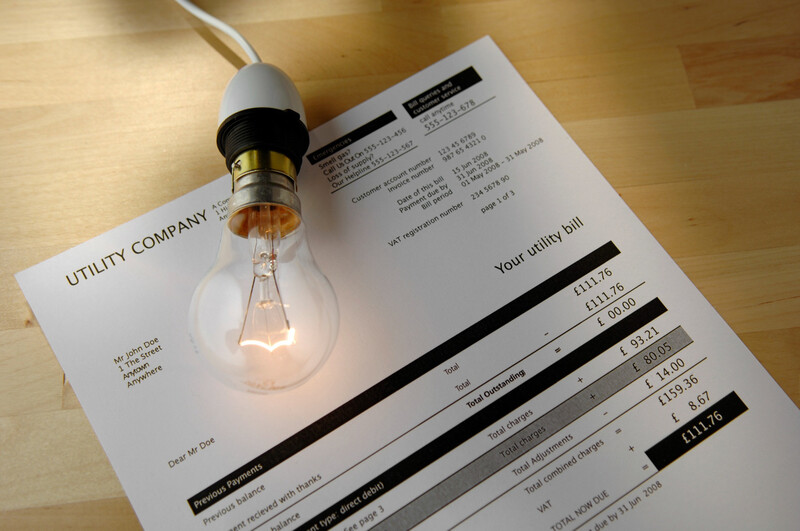Selon le ministère de l’Industrie, les mesures prises par le gouvernement pour contraindre EDF à vendre davantage d’électricité à prix réduit ont permis d’éviter la fermeture de 150 entreprises. La Commission de régulation de l’énergie (CRE) estime que, sans ces mesures gouvernementales, la facture d’électricité des Français aurait augmenté de 45 % à partir du 1er février. Vision d’ensemble sur l’intervention de l’État.
Un bouclier tarifaire pour contenir la hausse du prix de l’électricité
À partir du 1er février, les tarifs réglementés de l’électricité augmenteront de 4 %. Une hausse qui aurait pu être plus de 10 fois supérieure, d’après la Commission de régulation de l’énergie, si le gouvernement n’avait pas pris une série de mesures pour la contenir.
Tout d’abord, le tarif réglementé de vente du gaz a été gelé, pour ne pas entraîner une augmentation plus importante du prix de l’électricité, celle-ci étant en effet en partie issue de centrales à gaz. Le gouvernement a instauré un bouclier tarifaire afin que l’augmentation des tarifs réglementés de l’électricité soit limitée à 4 %.
Pour cela, un dispositif appelé Arenh, pour « accès régulé à l’électricité nucléaire historique », a été mis en place. Il oblige EDF à augmenter de 20 térawattheures le volume d’électricité vendue à prix réduit, que ce soit pour les particuliers ou les industriels.
Plusieurs leviers sont utilisés par le Gouvernement pour limiter la hausse à 4% TTC pour les conso. résidentiels et les pro. éligibles, en métropole et dans les zones non interconnectées :
— CRE (@CRE_energie) January 19, 2022
↘Baisse de la TICFE
➕20 TWh d’ARENH au 1er avril 2022
👉Puis gel des TRVE à 4% TTC
Cette décision a fortement déplu à EDF, que ce soit dans les rangs de la direction ou du côté des syndicats.
45 000 emplois préservés grâce aux mesures gouvernementales
Pourtant, selon le ministère de l’Industrie, ces différentes mesures gouvernementales ont permis d’éviter la probable fermeture de 150 entreprises françaises, et la suppression de 45 000 emplois. Il faut ajouter à cela tous les postes sauvés dans les entreprises clientes : celles-ci auraient mécaniquement été impactées par ces fermetures.
Les entreprises les plus menacées étaient, dans le secteur de l’industrie, celles qui consomment le plus d’électricité, à savoir les usines produisant du plastique PVC, de l’aluminium et des ferro-alliages. De plus, de nombreuses entreprises dépendent de ces sites industriels, à commencer par celles des secteurs de l’aéronautique et de l’automobile.
La Commission européenne autorise le maintien du dispositif Arenh jusqu’en 2025. Pour assurer de manière pérenne une certaine tranquillité à ces industriels, la possibilité de leur permettre de bénéficier de contrats à long terme est à l’étude.
Cette réflexion est menée dans le cadre d’une mission d’expertise confiée par le ministère de l’Industrie à l’ex-directeur du sidérurgiste ArcelorMittal France, Philippe Darmayan. Celui-ci dispose de 6 mois pour rendre ses conclusions, avec un point d’étape prévu pour la fin du mois de mars.
